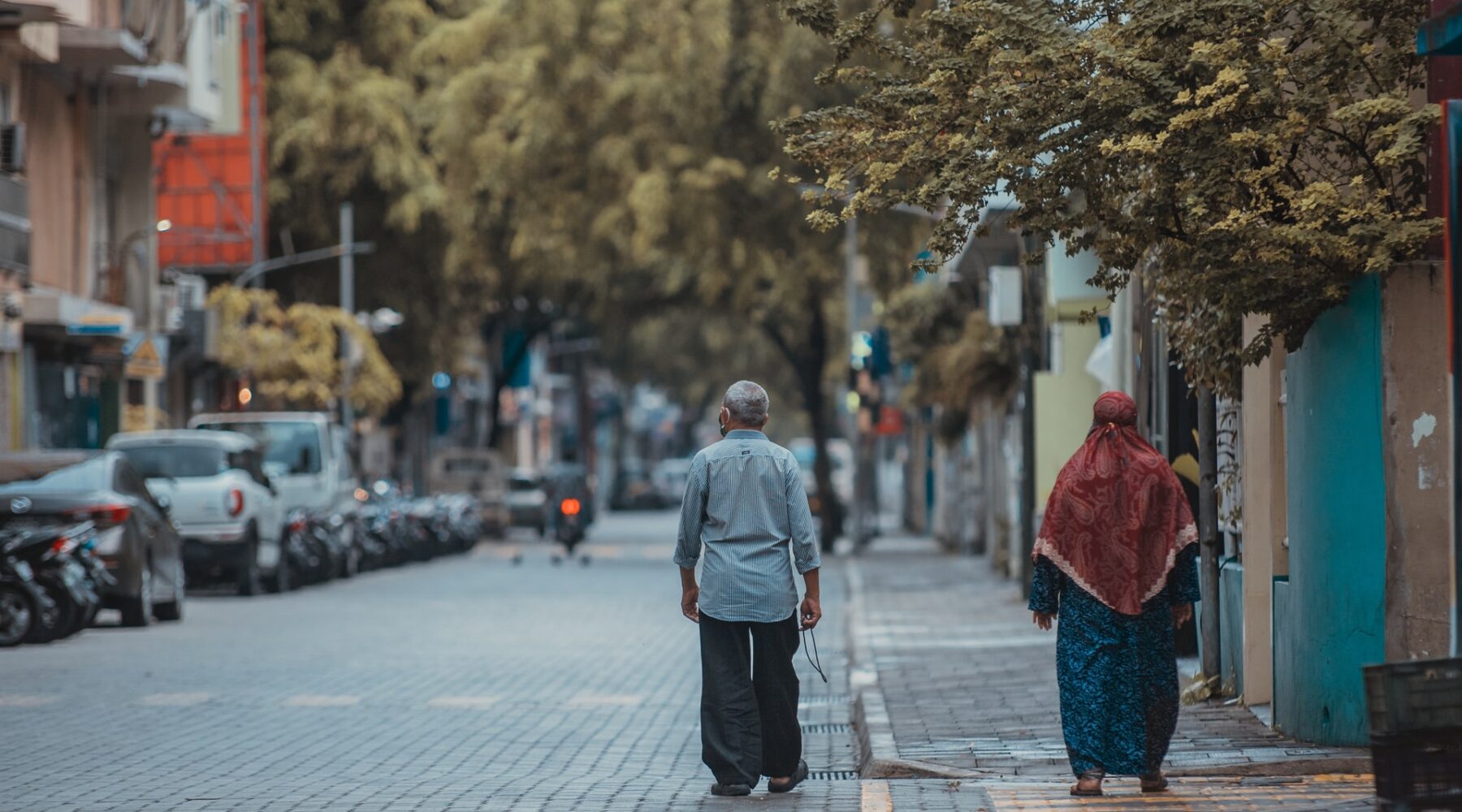


The human rights situation in the Maldives was under scrutiny as part of a discussion on the outcomes of its most recent Universal Periodic Review (UPR). The UPR is a process in which the human rights records of all UN Member States get reviewed by other states at the Human Rights Council.
Via a video statement, O’Casey raised a number of issues of concern in the country.
She noted how the Maldives failed to accept recommendations on even the very minimum requirements to realise the basic right to Freddom of Religion or Beleif and non-discrimination, whilst observing that “yet, those promoting tolerance and secularism in the country have been facing online and offline violence for the past ten years.”

Ambassador Asim Ahmed, Permanent Representative of the Maldives to the UN speaks during the UPR at the Council
She said, “The media often carry names and photos of individuals with allegations of apostasy, atheism, secularism, homosexuality or support for homosexuality. Gender based violence and homophobia have thrived, largely instigated by religious hardliners using Islam to justify killings and discrimination.”
The statement also voiced concerns about the treatment of the NGO Maldivian Democracy Network (MDN), which was arbitrarily suspended and the authors summoned after a complaint filed by the Islamic Ministry, after MDN published a report on radicalisation.
She also noted that since the current government assumed power in 2018, six Maldivians have been accused of “blasphemy,” and highlighted the case of Mohamed Rusthum Mujuthaba. Rusthum has been kept in extended pre-trial detention since his arrest, and according to his family, has suffered torture and solitary confinement. At the time of his arrest Rusthum was the subject of threats from violent groups, and had requested police protection.
Whilst the statement welcomed the establishment of the Deaths and Disappearances Commission in 2018, O’Casey noted with regret that “it has yet to complete any investigations. This includes the forced disappearance of journalist Ahmed Rilwan and the murder of blogger Yameen Rasheed, both cases connected to violent extremism and religious fundamentalism.”
She concluded by reiterating that “The rights to freedom of belief and expression, freedom from violence and discrimination are right held by all Maldivians, whatever their religion or belief,” and urged the government “to abolish its blasphemy laws, release all being held on blasphemy charges, drop charges against MDN, and urgently tackle the intolerance and violence fostered by religious extremists in the country.”
Ambassador Asim Ahmed, Permanent Representative of the Maldives to the UN, spoke on behalf of the Maldives during the UPR discussion at the Council. He gave no explanation of the recommendations the Maldives failed to accept.